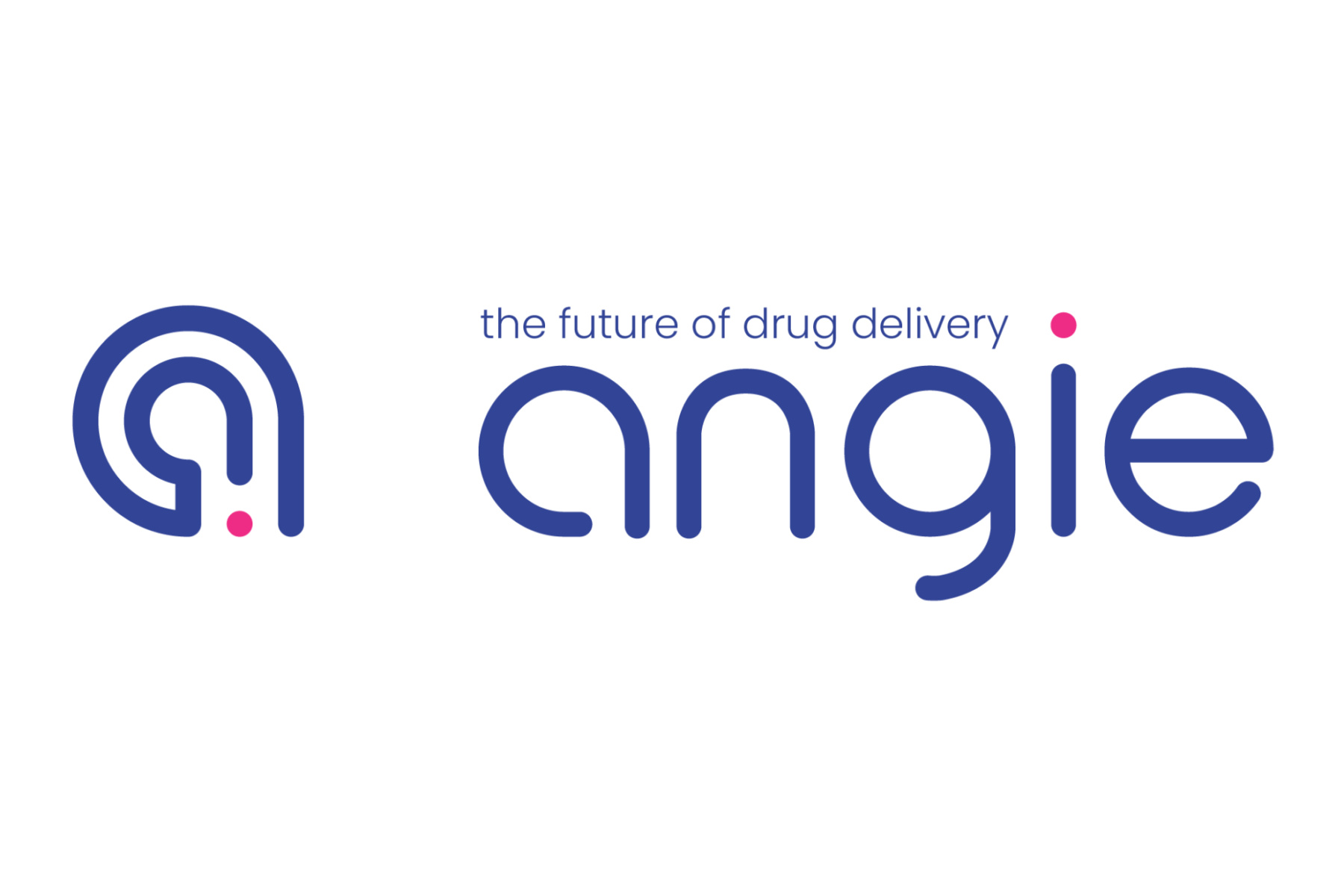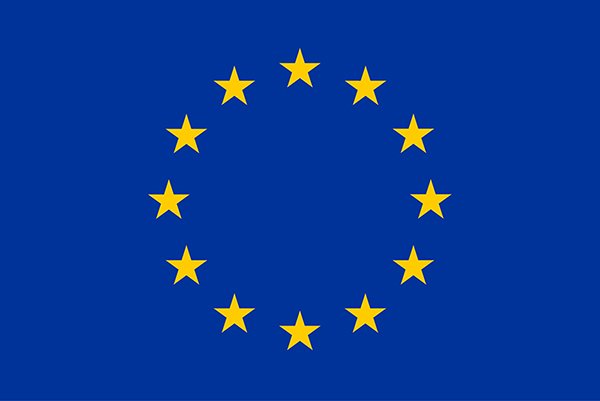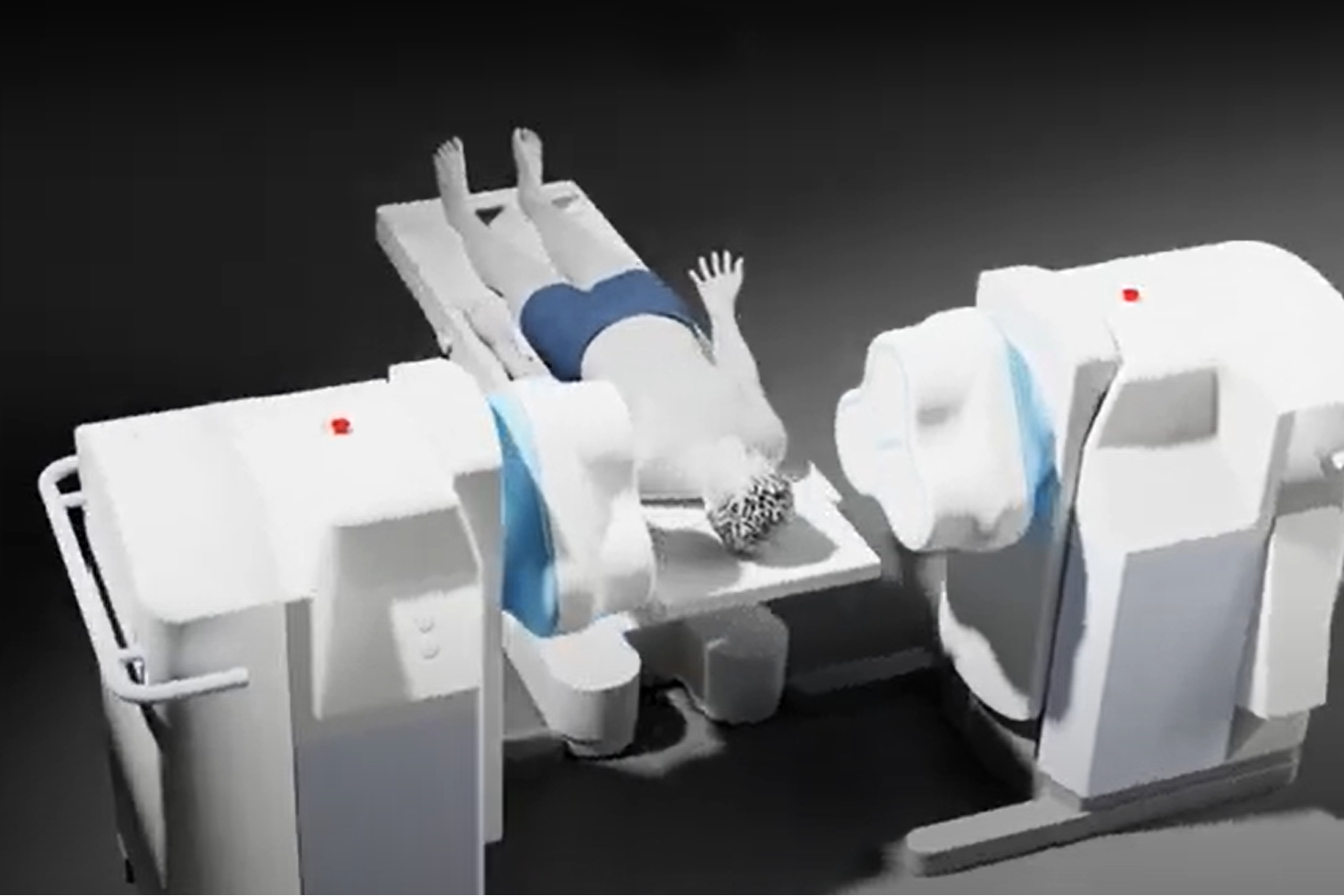
Project ANGIE: Targeted treatment using microbots 2024
Project ANGIE: Targeted treatment using microbots

On World Stroke Day, we are shining a light on two European research projects focused on innovation in stroke.
Our first project ANGIE was funded by the EU Horizon 2020 programme in 2020 and aimed to develop an innovative way to find and dissolve blood clots in the brain that can cause ischemic strokes and severe brain damage if not treated quickly.
Currently, a common treatment for ischemic strokes involves a drug called rtPA, which helps dissolve blood clots. However, it must be given in large doses, which increases the risk of severe side effects since it can spread throughout the body before reaching the clot.
In the ANGIE project, a group of European researchers, led by Principal Investigator Professor Salvador Panè, developed a tiny dissolvable microrobot that could be guided through the bloodstream using external magnetic fields. The groundbreaking technology carried the drug through intricate brain vessels to reach the blocked artery, successfully delivering it in high concentration exactly where it is needed.
“Our microrobots mark a significant leap forward in targeted drug delivery. This innovation not only enhances the safety and effectiveness of stroke treatments but also opens possibilities for other therapies that were previously unattainable” says Professor Panè.
This breakthrough could change the way we treat strokes by making treatments safer and more precise, helping more patients recover with fewer long-term problems. It is an exciting step forward in the fight against stroke and offers hope for millions of people worldwide.
Arlene Wilkie, Director General of The Stroke Alliance for Europe says “We are excited about the ANGIE project and look forward to seeing this cutting-edge technology transform urgent stroke care, ultimately improving outcomes for patients in the years ahead.”
For more information, please contact research@safestroke.eu or visit the ANGIE website here
The project has received funding from the European Union’s Horizon 2020 research and innovation programme under grant agreement number 952152.


Finding and dissolving blood clots in the brain



